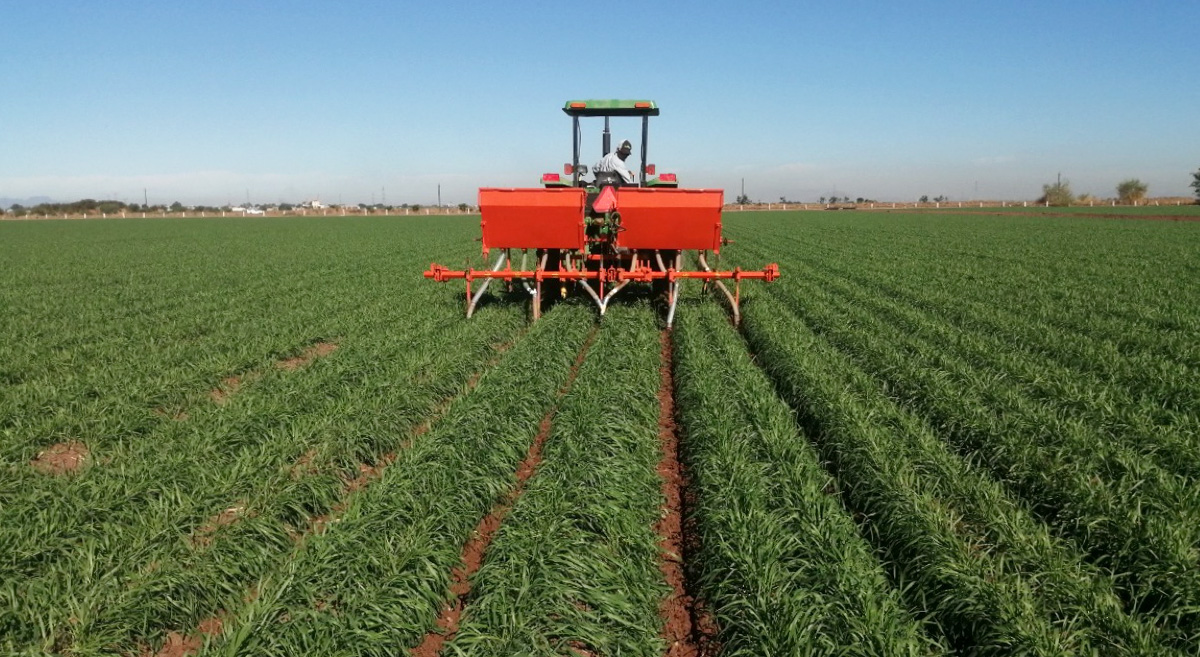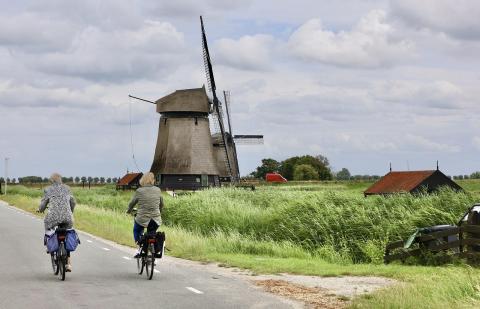Nitrous oxide emissions increased by 40 % in 2020 compared to 1980, largely due to agricultural practices
Nitrous oxide is considered one of the three most important greenhouse gases, behind carbon dioxide and methane. According to a report by the Global Carbon Project, emissions of this gas from human activities continue to grow, with a 40% increase over the last four decades - from 2020 to 1980. The research, led by Boston College and published in the journal Earth System Science Data, reveals that in the last decade, agricultural production through the use of nitrogen fertilizers and animal manure contributed 74% of total anthropogenic emissions of this gas.

Ernesto - emisiones de óxido nitroso
Ernesto Rodríguez Camino
Senior State Meteorologist and president of Spanish Meteorological Association
The global nitrous oxide N2O balance is an essential component of the Global Carbon Project, which incorporates a multitude of institutions from many countries. This is the second time such a balance has been generated that incorporates both natural and anthropogenic sources and sinks, and represents the interactions and biogeochemical processes that control N2O emissions. N2O is a greenhouse gas that has a global warming effect in a century approximately 300 times greater than that of carbon dioxide, so the importance of controlling its emissions is critical to meeting the projections of the Paris Agreement. N2O emissions have increased by 40% in the last four decades, with most of these emissions (74% in the last decade) coming from the agricultural production sector, which leads us to conclude that it is very necessary to have an impact on its efficiency in order to reduce N2O emissions in this sector. Furthermore, N2O is a substance that destroys stratospheric ozone, so its increase delays the recovery of the ozone hole. Finally, and related to the global nitrogen balance, the widespread practice of overfertilization with synthetic nitrogen compounds and animal manure is increasing the contamination of groundwater, as well as coastal and inland waters.
Emissions from the agricultural sector constitute a very important part of the emissions associated with the entire food sector, which, in turn, account for approximately one third of total greenhouse gas emissions from human activities. Ultimately, the control of N2O emissions will be closely linked to the evolution of the food sector and its long-term sustainability. The latest assessment report of the United Nations Panel on Climate Change (IPCC) has already pointed to the control of emissions from the agricultural sector and the entire food chain in order to meet the targets set in the Paris Agreement, hence the importance of this N2O balance sheet to know the details of their emissions and their origin.
Hanqin Tian et al.
- Research article
- Report
- Peer reviewed



